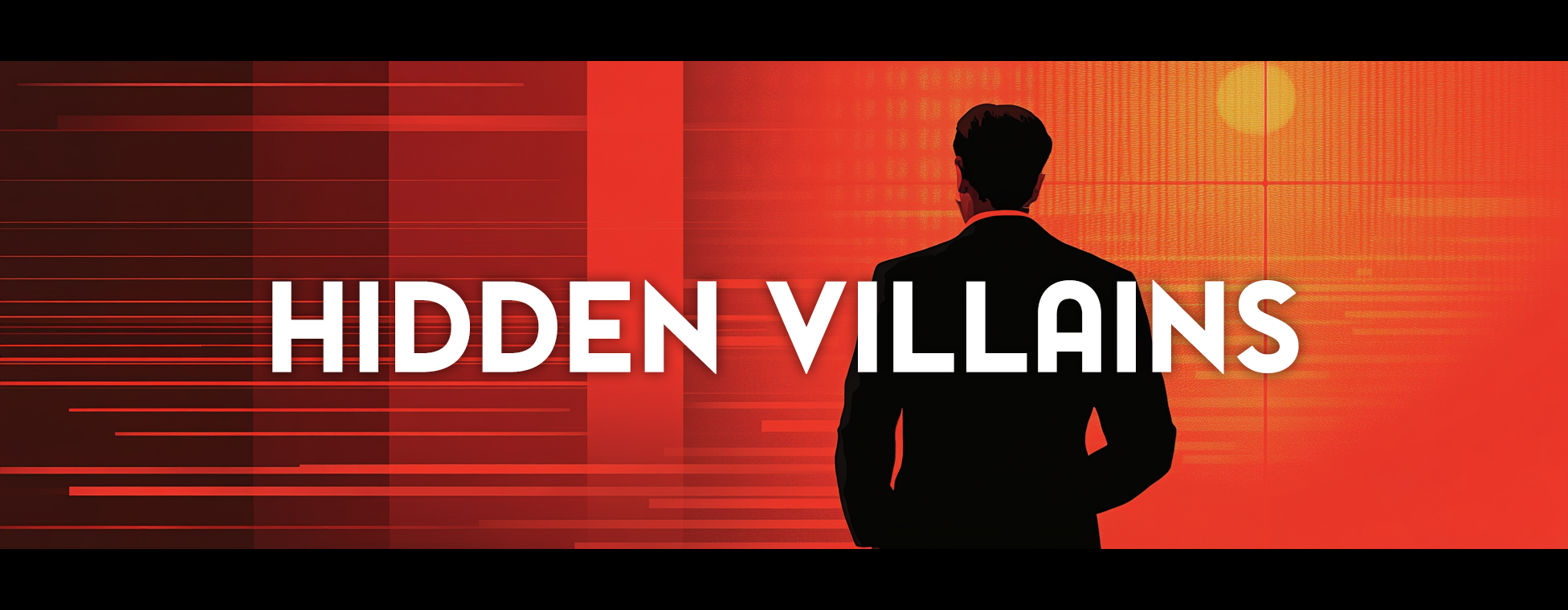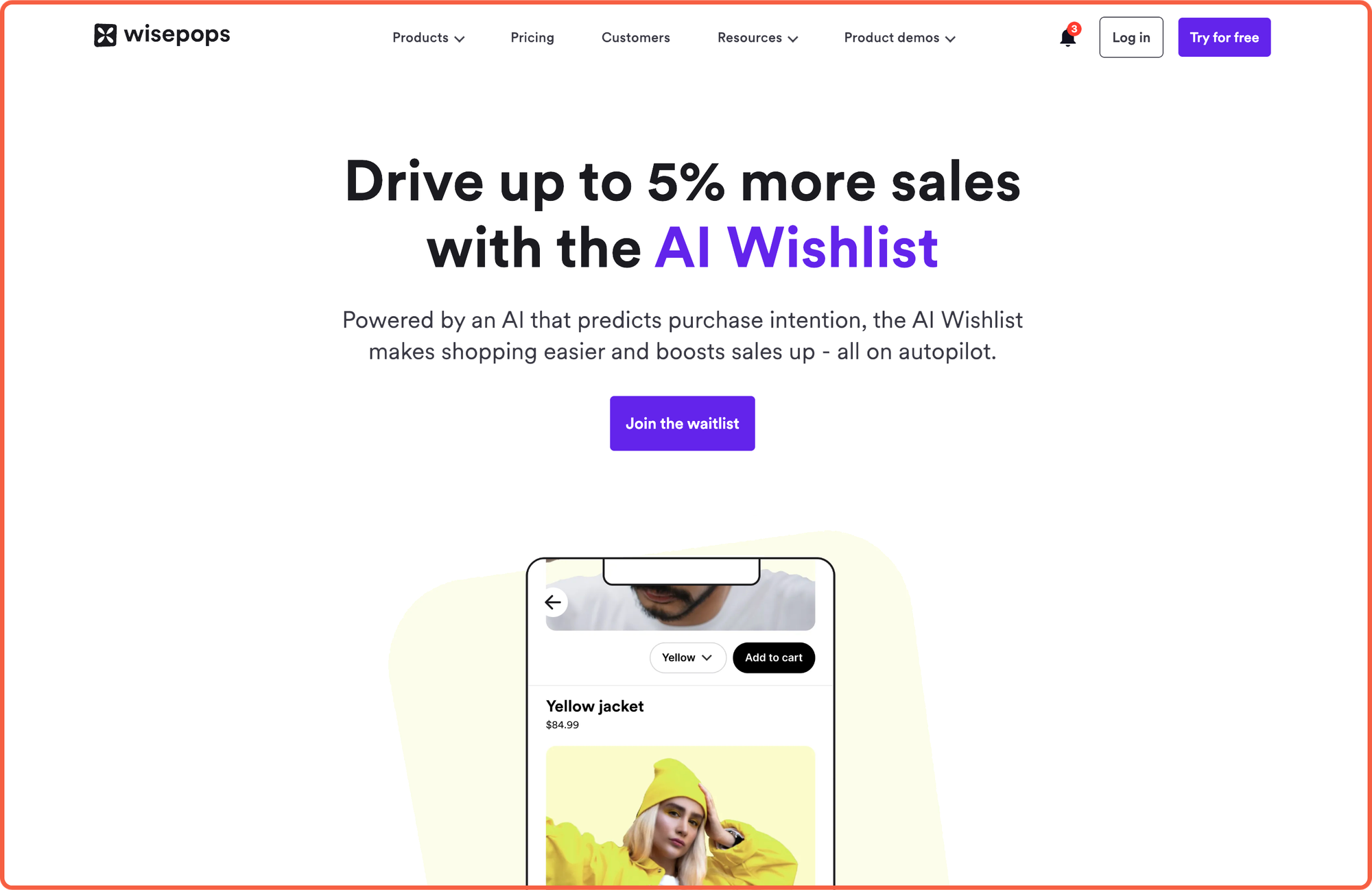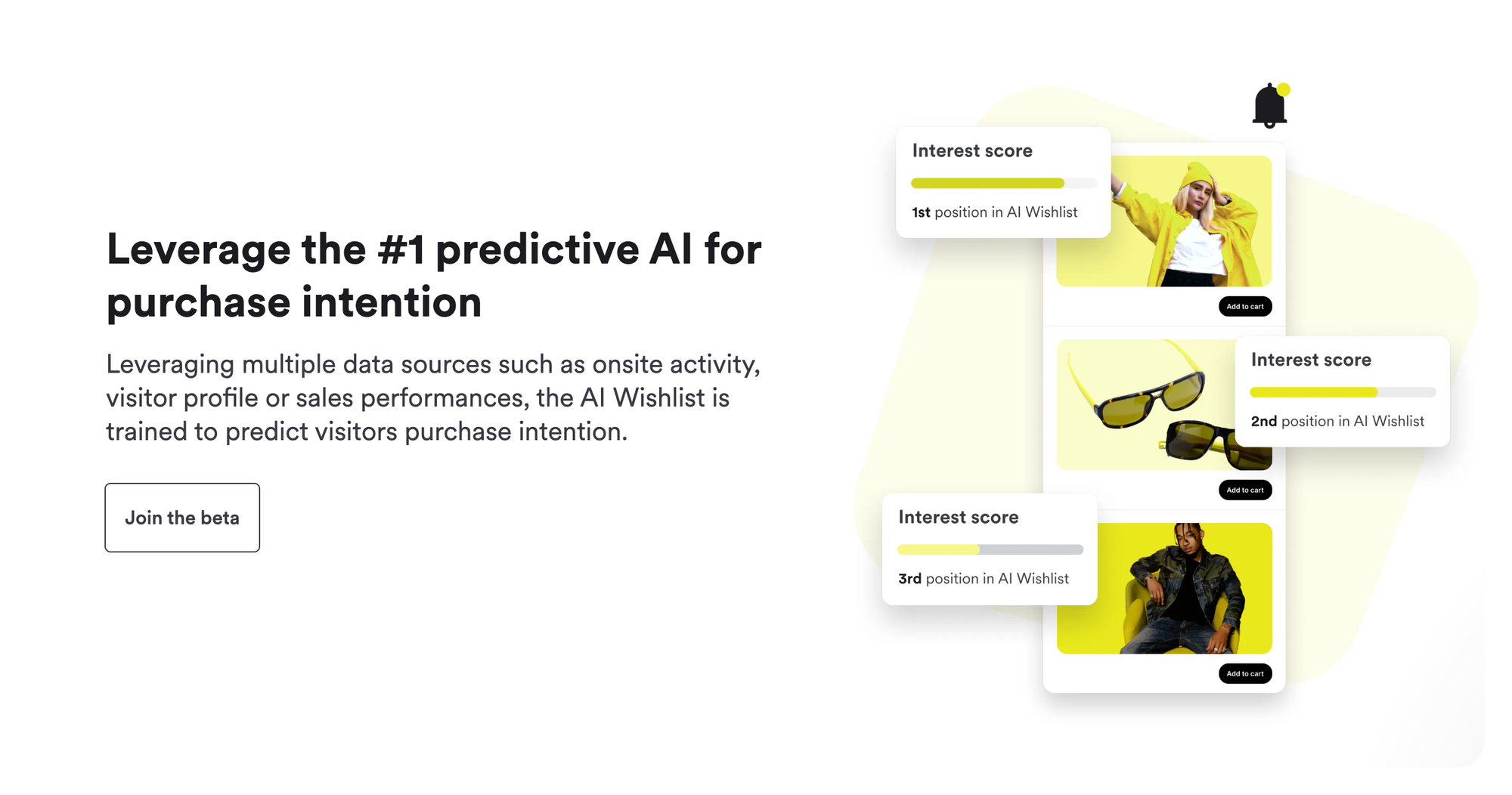8 Wild Ways to Use the New GPT Image Generator

Top Insights
GPT-4o Image Generation: A Guide With 8 Wild Examples
OpenAI's GPT-4o now lets you create images right inside ChatGPT using simple text prompts. A photographer tested this new feature in eight real-world situations and was really impressed by what it could do.

The photographer found that GPT-4o is especially good at:
- Adding text to images
- Creating transparent backgrounds
- Quick photo fixes (like removing window reflections from travel pictures)
- Changing image colors (turning normal city photos into scenes that look like the movie Blade Runner)
- Making comic strips and infographics based on your instructions
- Adding objects to existing photos (like putting teacups on empty tables in real photographs)
The new features makes everyday photo tasks much faster and easier than using traditional editing software.
How AI Solves the 4 Major Marketing Roadblocks
Google Cloud's CMO Alison Wagonfeld says marketers face four big challenges that AI can solve. First, AI handles boring tasks so your team can focus on clients. Second, it stretches tiny budgets by creating images and videos without expensive photoshoots. One detailed prompt created a perfect dog-on-flamingo-float image that turned into multiple videos.
Third, AI lets you talk to your data in plain English without needing data scientists. Fourth, it delivers true personalization. Like Pods moving trucks showing 6,000 different messages based on neighborhood location, boosting calls by 60%. But Wagonfeld warns against just making current processes faster. The real magic happens when marketers use AI to reimagine what's possible.
Prompt of the Week

This Week's Feature: Hidden Villains
Every market has obvious enemies. But what about the unseen forces quietly sabotaging your customers? The Hidden Villains prompt uncovers these stealthy adversaries - the systems, beliefs, and frustrations your audience battles daily without realizing it.
By positioning against these secret antagonists, you can craft marketing that resonates on a deeper level. One that makes your solution feel like the hero they've been waiting for.
Here's the full prompt:
YOUR TASK:
Analyze the [INDUSTRY/MARKET] to identify not just the obvious villains (like Wall Street in finance or Big Pharma is supplements), but the overlooked, unexpected "enemies" that truly frustrate and anger the customers in this space.
APPROACH:
1. First, acknowledge my specific [INDUSTRY/MARKET]
2. Ask 3 targeted questions to understand my target audience's frustrations
3. After I respond, identify:
-- The obvious "enemies" my target market already recognizes
-- The hidden, non-obvious "enemies" causing frustration they may not even recognize
-- The systemic barriers, cultural forces, or mindsets holding my customers back
-- The emotional antagonists that create anxiety or resentment
RESPONSE FORMAT:
1. Common Enemies: The obvious villains already targeted in my market (brief)
2. Hidden Enemies: 3-5 non-obvious "villains" causing customer frustration (detailed)
3. Emotional Impact: How each enemy makes my customers feel
4. Positioning Opportunities: How I can position as the hero against each enemy
4. Messaging Framework: Specific language/angles to use when positioning against each enemy
IMPORTANT GUIDELINES:
--Focus on finding truly unexpected "enemies" beyond the obvious players
--Consider abstract concepts, systems, beliefs, or cultural forces as potential enemies
--Analyze the emotional impact these enemies have on my target market
--Provide specific examples of how these enemies manifest in customers' lives
-- Suggest concrete ways to position against these enemies in marketing
-- Consider both rational and emotional aspects of these enemy relationships
Begin by introducing yourself and asking about my specific [INDUSTRY/MARKET] and target audience before revealing the hidden enemies I can position against in my marketing.
*Fill in bold sections with your specific information.

Tool to Try

AI Wishlist is a conversion-boosting tool by Wisepops that transforms standard wishlists into personalized shopping experiences. It combines AI-powered product recommendations with smart notifications. The end goal is to help online retailers increase conversions and customer satisfaction.
AI Tool Highlights:
💡 Smart Recommendations: AI suggests complementary products based on wishlist items to increase average order value and discovery.
🔔 Intelligent Notifications: Automatically alerts shoppers about price drops, low stock, or back-in-stock items they've saved.
📊 Behavior Analysis: Learns from browsing patterns to personalize product suggestions and boost conversion rates.

🎯 Segmentation Engine: Groups customers by preferences and shopping habits for targeted marketing campaigns.
🔄 Seamless Integration: Works with major ecommerce platforms like Shopify, WooCommerce, and Magento without complex setup.
📱 Multi-Channel Experience: Syncs wishlist data across desktop, mobile, and app interfaces for consistent customer experience.
One More Need-to-Know News Story
H&M Gives Models Control of Their Digital Twins
H&M is creating 30 digital twins of real models while letting the models keep ownership of their virtual selves. This means models can earn money each time their digital clone is used - just like they would in a regular photo shoot.

This innovation could create exciting new opportunities in fashion. Models could work for multiple brands simultaneously through their digital twins. H&M isn't alone in exploring this future - brands like Levi's and Mango have already begun testing AI fashion campaigns too.
🚀 Discover the 27 ‘Plug-and-Play’ AI Prompts Every Marketer Needs
>> Access All 27 Prompts Here<<
Mind Fodder

Thanks for reading.
Until next time!
The AI Marketers
P.S. Help shape the future of this newsletter – take a short 2-minute survey so we can deliver even better AI marketing insights, prompts, and tools.
[Take Survey Here]

